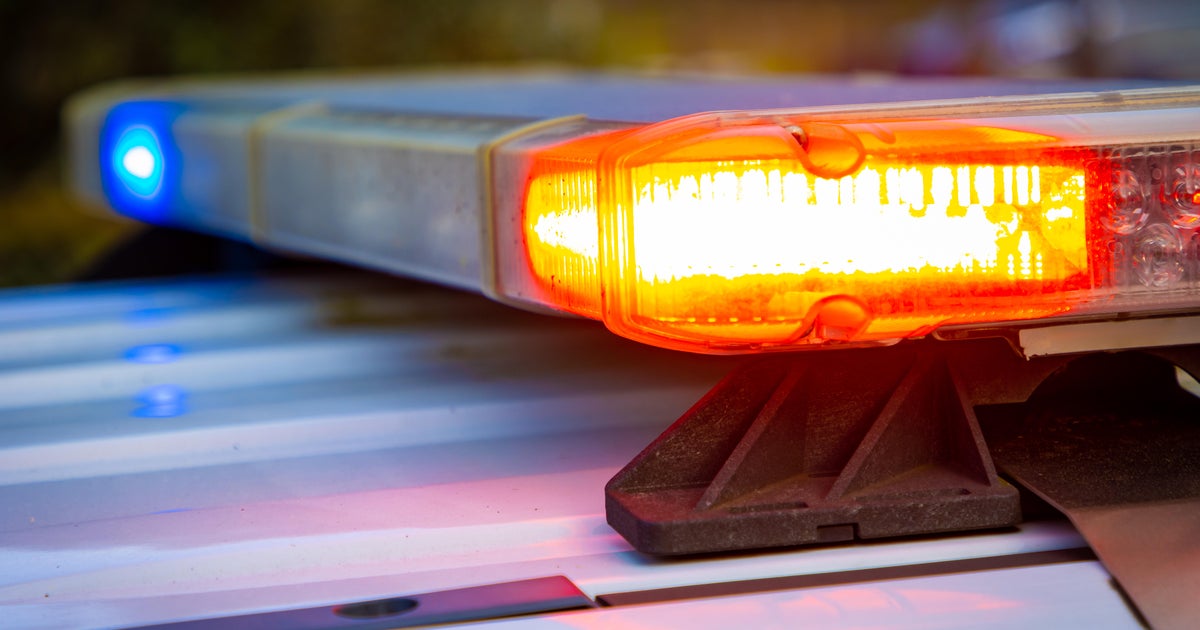'She Claimed Her Space': Female Presidential Candidates Challenge Electability Question In Debates
MIAMI (AP) — For months, the names of white men have sat at the top of early Democratic presidential primary polls. On the debate stage this week, the half-dozen women in the field offered up an alternative: themselves.
They did so with different tactics and styles but a shared goal: shaking up assumptions about who is electable in a race for a job that has only been held by men.
While it's too early in the Democratic nominating process to know if they succeeded on that front, some of the women emerged as dominant forces on the debate stage, driving the policy discussions and insisting on being heard on issues despite the crowded field. Massachusetts Sen. Elizabeth Warren and California Sen. Kamala Harris led the way and were widely seen as among the top performers.
"Over the past two nights, women won each debate and showed that this race is not over," said Stephanie Schriock, president of Emily's List, the largest national organization devoted to electing women. "They were great debaters, compelling storytellers and effective at making their case and getting in the fight when they had a point to make."
Of course, winning one debate is far different than winning the nomination or the general election. Hillary Clinton, for example, dominated most of her debate showdowns throughout the 2016 campaign, including her three faceoffs with Donald Trump, but still lost the election.
For some Democrats, Clinton's loss was a searing experience that has prompted questions about whether the country is ready to elect a female president — or whether the party should even risk testing that proposition in next year's high-stakes election.
In her two White House campaigns, Clinton was always the only woman on the debate stage. This time around, the female candidates had company — a history-making three women on stage each night. On Wednesday, Warren was joined by Minnesota Sen. Amy Klobuchar and Rep. Tulsi Gabbard of Hawaii. On Thursday, Harris debated alongside Sen. Kirsten Gillibrand of New York and the author Marianne Williamson. The debate's moderators also included two women, NBC News' Rachel Maddow and Savannah Guthrie.
Debbie Walsh, director of the Center for American Women and Politics at Rutgers University, said she is among those who have heard voters raise doubts about whether Democrats should nominate a woman in 2020 following Clinton's loss. Following the debates, she said she was hopeful that narrative might change.
"This question of electability maybe gets shaken up a little bit as a result of these past two nights," Walsh said.
There were notable moments for many of the women on stage. Gillibrand focused her message on women's rights and family issues, doubling down on her strategy of running as an unabashed feminist. Klobuchar's standout moment came when a male rival portrayed himself as the field's most ardent defender of abortion rights.
"I want to say there are three women up here who fought pretty hard for a woman's right to choose," Klobuchar said as the audience erupted in applause.
Yet it was Warren and Harris who rose to the top of the pack.
Warren stood at center stage on Wednesday, reflecting her standing as the night's highest polling candidate. Her liberal policy positions also took center stage, driving much of the discussion throughout the night. Warren consciously avoided squabbling with her rivals, seeking to project the strength of a leading candidate.
Harris burst through on night two with a striking exchange with former Vice President Joe Biden, who has led early polling throughout the year. She challenged Biden vigorously, and in personal terms, over his past positions on school busing and his comments citing his work with segregationist senators as an example of a bygone air of civility.
The exchange was not the result of a moderator's question. It was a moment Harris seized on herself, breaking in after author Williamson described how the average American was "woefully undereducated" about the history of race in the United States.
"As the only black person on this stage, I'd like to speak on the issue of race," Harris said. The crowd fell silent as she then recounted being bused to a desegregated school as a child.
"By weaving her personal experience into the broader attack, she could go after Biden without coming off as petty or inappropriate," said Amanda Litman, a co-founder of Run For Something who worked on Clinton's 2016 campaign. "She claimed her space and made incredible use of it."
The strong overall female presence in these debates may have a resonance well beyond what was visible onstage, said Erin Cassese, a specialist in women and politics at the University of Delaware.
Research shows, Cassese said, that "when women run, there's a role model effect, other women pay attention, they're more engaged in the campaign, and they may develop political ambitions."
She added: "It's less obvious because it's not what we're seeing onstage, but it's about how people are connecting to the optics of it."
(© Copyright 2019 The Associated Press. All Rights Reserved. This material may not be published, broadcast, rewritten or redistributed.)



